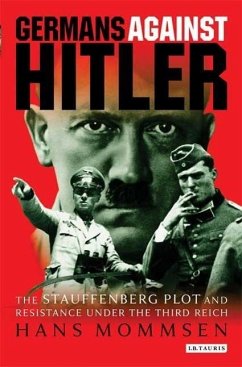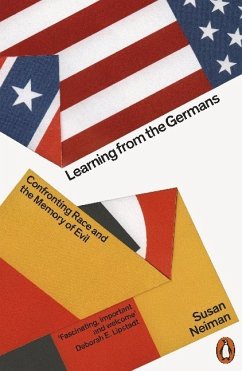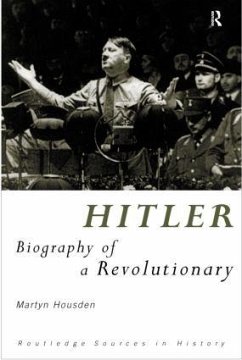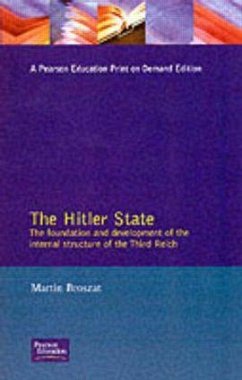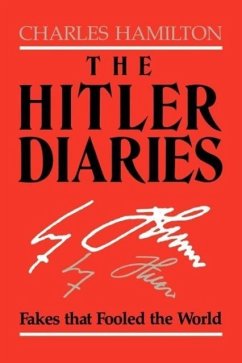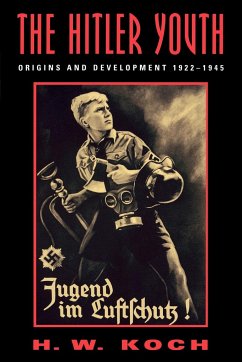Nicht lieferbar
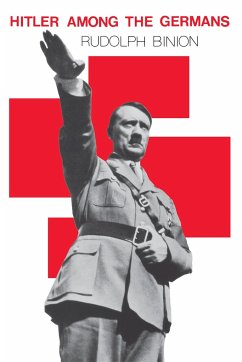
Hitler among the Germans
Versandkostenfrei!
Nicht lieferbar
An odd and rather intriguing search for the unconscious determinants of Hitler's beliefs and policies. Self-punitive guilt, enthusiasm for "mercy killing," and a compulsive quest to "poison the poisoners" resulted, Binion finds, from Hitler's orders to the Jewish family doctor in 1908 to treat his mother's terminal malignancy with extremely painful iodoform, a circumstance also cited by John Toland in Hitler (p. 835) without emphasis on the son's role. A second focus is Hitler's treatment for mustard gas poisoning in 1918; he went into Pasewalk hospital devoid of leadership ability, Binion cla...
An odd and rather intriguing search for the unconscious determinants of Hitler's beliefs and policies. Self-punitive guilt, enthusiasm for "mercy killing," and a compulsive quest to "poison the poisoners" resulted, Binion finds, from Hitler's orders to the Jewish family doctor in 1908 to treat his mother's terminal malignancy with extremely painful iodoform, a circumstance also cited by John Toland in Hitler (p. 835) without emphasis on the son's role. A second focus is Hitler's treatment for mustard gas poisoning in 1918; he went into Pasewalk hospital devoid of leadership ability, Binion claims, and came out with mesmeric talents; this supposedly involved an hysterical collapse and hypnosis by the doctor, but since the doctor in question tended to diagnose all patients as hysterical shirkers, by Binion's account, the question of Hitler's "hysteria" remains moot. More broadly, Binion sees Hitler's push for Lebensraum as a neurotic expression of "aggressive orality" as well as of the "German unconsciousness," though elsewhere he states that "The land grab [merely] fronted for the Jew kill." Most cogently, Binion contends that Hitler's foreign policy amounted to reliving the WW I defeat which stemmed from Germany's failure to ally with the West against the East. Written without the turgidity of Frau Lou (1968), this book is nevertheless eccentric in the precise sense that it uses strained or obscure reasoning to reach startling conclusions. (Kirkus Reviews)




